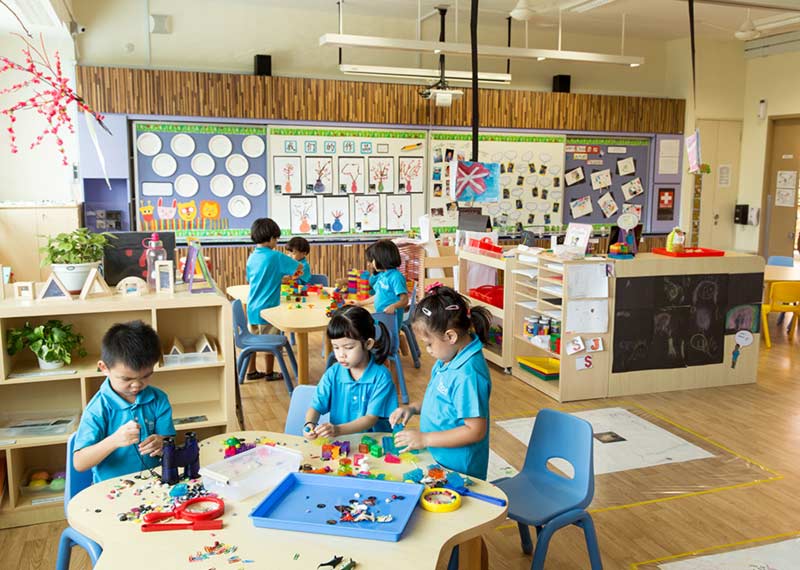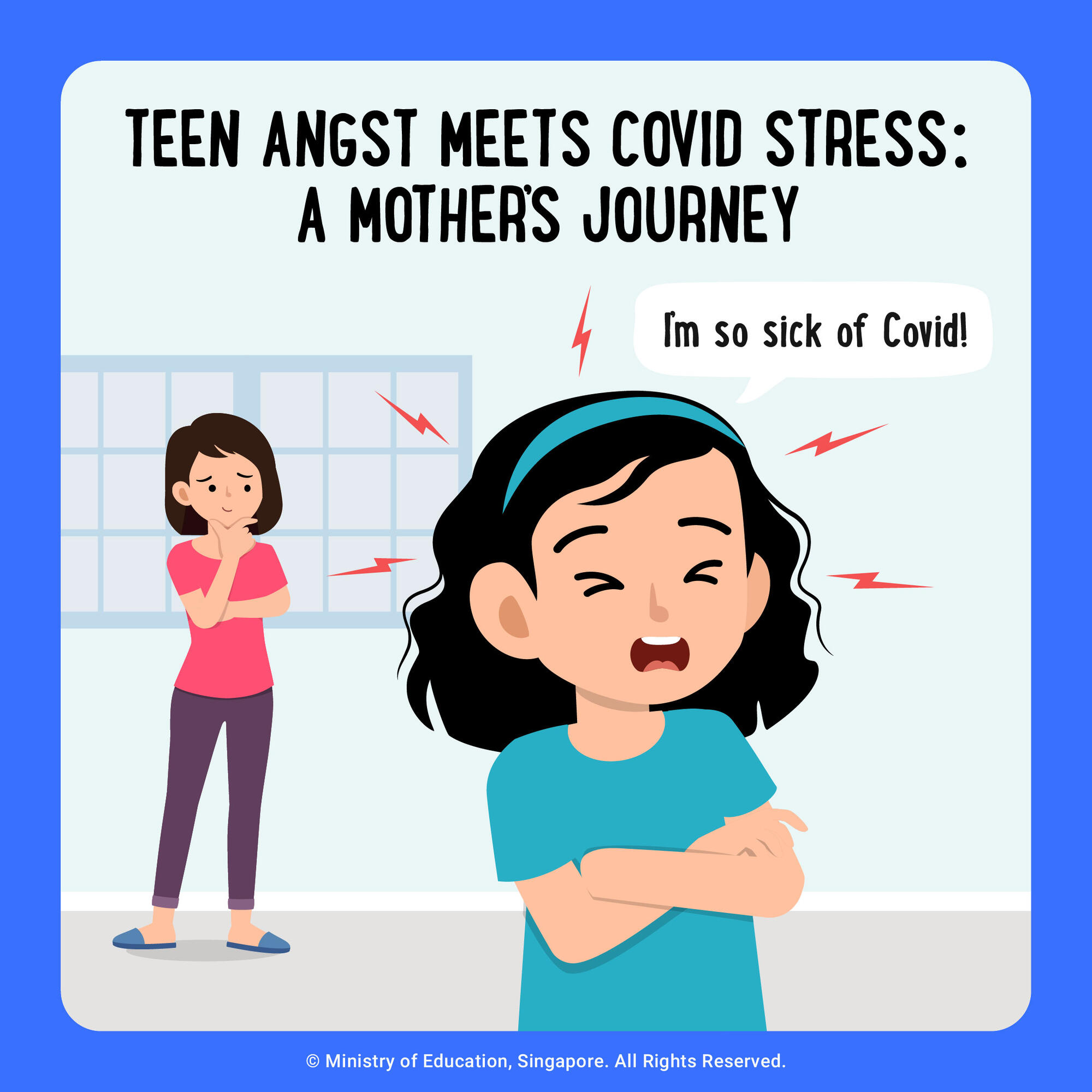We are living in a world that science fiction writers have long dreamt about — for better or worse.
All of humanity’s written knowledge is now literally at our fingertips, accessible via our phones. Medical science has increased our life spans to nearly a century. We have artificial intelligence (AI) assistants that can correct our grammar and teach us a million new things instantly.
On the other hand, one wonders if technology has enslaved people instead of liberating them. Many of us walk around with our eyes glued to our phones. Misinformation spreads daily and Singaporeans lose millions of dollars monthly to online scams. And of course, many jobs are threatened by AI. I covered the tech industry for six years as a journalist and then worked in the consumer IT sector for 15 years. I have seen that technology keeps advancing at an accelerated rate with no indication of ever slowing down.
It took six years for Apple to evolve the iPod music player to the iPhone. But it just took a few months for ChatGPT (which was launched in November 2022) to garner 100 million users. Many of these users now use AI in different parts of their work to become more efficient and discover new ways of solving problems.
American computer scientist Ray Kurzweil wrote that technological change is exponential, so we will experience 20,000 years of progress in the 21st Century, instead of 100 years of linear progress.
He believes in 2045, we will hit the singularity — that point in time when all advances in technology, particularly in artificial intelligence, will lead to machines being smarter than human beings.
Technological change will be so profound it will rupture the fabric of human history.
In the meantime, I am more concerned about my career and my children’s future. How should we navigate through technology and its disruptive effects?
Having a mindset for learning new tech
As a lifelong geek, I often get giddy about new tech innovations and want to share with others how these advancements are relevant in their lives.
While they may not be as excited initially, if I do a show-and-tell, they always pay attention and are more likely to try it out afterwards.
When I was teaching part-time at Singapore Polytechnic, I asked my students whether they had used ChatGPT. Most of them replied no.
I then took the opportunity to demonstrate how it could help their schoolwork, and their eyes widened in wonder.
For example, I put every piece of writing that I do into ChatGPT to clean up any grammar mistakes. I also use ChatGPT to assess the flow of my content and highlight any gaps in logic.
Schools advocate responsible AI usage so that students using Generative AI to help with their schoolwork do not miss out on actual learning.
For example, you can cut and paste a Maths problem into an app like Google Gemini or ChatGPT and it will explain how to solve the problem in a step-by-step manner. A good student will imbibe the instructions provided by Gemini, and not be tempted to just cut and paste without learning the mathematical principles.
In the same vein, parents must take the lead in diving into the new technologies before expecting their children to do so.
Many students will focus on getting good grades in class and may not be motivated to learn outside the curriculum.
Moreover, there is a natural resistance to new technology, even if they are simple to use.
There are those who tend to give excuses like “We don’t need this” or “I’m too busy”, but what if we reframe it as “What if this could improve my grades or my career prospects?”
Quite frankly, my children are not as excited about AI tools as I am, and I know I cannot force them to use something just because I said so. However, I make sure they are aware these technologies exist to help them.
When my son was looking for part-time work on job portals, I reminded him about ChatGPT and he used it to write a better resume. I also walked through different “text prompting” techniques with him to further improve the resume’s content.
When my daughter was studying Art for her A-levels, I showed her how she could generate new artistic concepts for her school projects using apps like DALL-E and Stable Diffusion. She was impressed but she prefers to create her own concepts by hand. That’s also great because the spark of human creativity cannot be replaced by AI.
Think of AI as adding value
We cannot predict how technology will advance, but we know that businesses are always looking to increase productivity and profit.
I do not believe the common narrative that AI will take away jobs. Instead, I believe that AI will make jobs more productive and provide more value to businesses and society.
Many office workers today have to endure repetitive and low-value work. For example, many people struggle for hours or days using PowerPoint to create nice-looking slides which bosses only glance at briefly.
Today, young people use apps like Canva and churn out slides rapidly because it is simply easier and more versatile than PowerPoint. Canva also has cool AI features that can replace your clothes or your background in photos.
With the time that is freed up for workers and students, I hope that we can finally reverse the increasing problem of mental health issues and burnout plaguing many countries today.
People can utilise the free time to indulge in their hobbies or perhaps take on more side hustles.
Having multiple jobs simultaneously is likely to be the norm of the future, as it has become obvious that people can no longer afford to be “mono-skilled” on a career journey spanning nearly 50 years.
Future of work: The forever newbie
Inevitably, parents will ask themselves, “What educational qualifications should my children have? Should they just quit studying now?”
If you ask me, a degree or diploma will still be needed to demonstrate the student has a minimum academic rigour for jobs that demand them.
However, which subjects students choose to major in will be secondary to their lifelong ability to quickly expand or revamp their skillsets, and to work with endless waves of new technology.
As author and futurist Kevin Kelly says, we all need to embrace the “newbie” mindset.
He writes in his 2016 book The Inevitable: “All of us – every one of us – will be endless newbies in the future simply trying to keep up… First, most of the important technologies that will dominate life 30 years from now have not yet been invented, so naturally you will be a newbie to them.
“Second, because the new technology requires endless upgrades, you will remain in the newbie state. Third, because the cycle of obsolescence is accelerating (the lifespan of a phone app is a mere 30 days!), you won’t have time to master anything before it is displaced, so you will remain in the newbie mode forever.”






